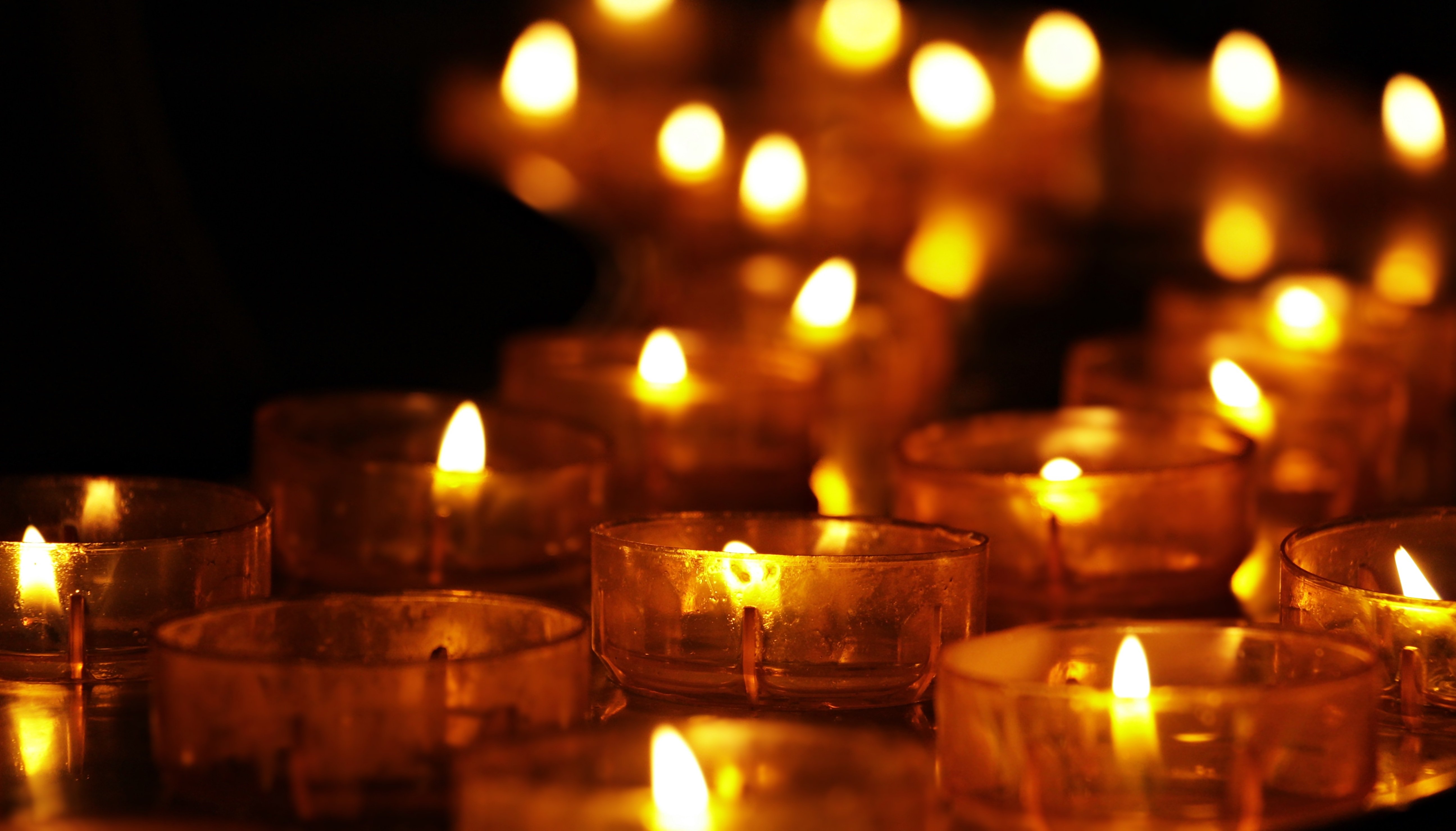COVID-19 National Day of Mourning, June 1
Interfaith leaders have marked June 1 as a National Day of Mourning for those lost to COVID-19. Here’s how you can participate in this day.
With the 100,000th recorded death due to COVID-19 in the United States, our nation marks a somber milestone. All across the world, families and friends are mourning loved ones lost to this terrible disease, including Maryknoll missioners. As people of faith, we cannot allow this grim number to go unnoticed.
We invite you to join us in an interfaith National Day of Mourning.
The Maryknoll Office for Global Concerns is partnering with interfaith leaders calling for people to remember the dead and pray for healing during our respective religious services during the weekend of May 29, 30, and 31. And together we ask our elected officials to observe Monday, June 1 as a National Day of Mourning and Lament, a time marked by moments of silence, lowering of flags, interfaith vigils and prayers, ringing of bells, and civic memorials.
We ask you to participate in three ways:
1. Mark the tragic milestone on Sunday (Pentecost) in your own celebration of the Eucharist or prayer and encourage others to do the same.
Find interfaith prayers here and here and Catholic prayers here and here. Also, numerous Catholic publishers are offering free online access to missals and prayer books during the coronavirus crisis. For the Catholic lectionary, go to https://us.magnificat.net/free
2. Contact your elected officials to ask them to designate Monday, June 1 a National Day of Mourning and Lament – remembering the dead with moments of silence, lowering of flags, interfaith vigils, and civic memorials. Click here to find resources for hosting an event or prayer service and a toolkit for city Mayors.
3. Use social media to post prayers and laments, names, photos, and tributes to those who have died of COVID-19 during the days leading up to June 1. Use the hashtags #DayofMourning, #Lament100k
We encourage you to join with other people of faith to honor those who have died, and remember especially those who suffer the most during this crisis: the elderly, poor, black, brown, and native communities, those in prison, and those without a livable wage, sick leave or a social safety net. We pray also for our caregivers, including doctors, nurses, and scientists, and we pray for healing for all.

